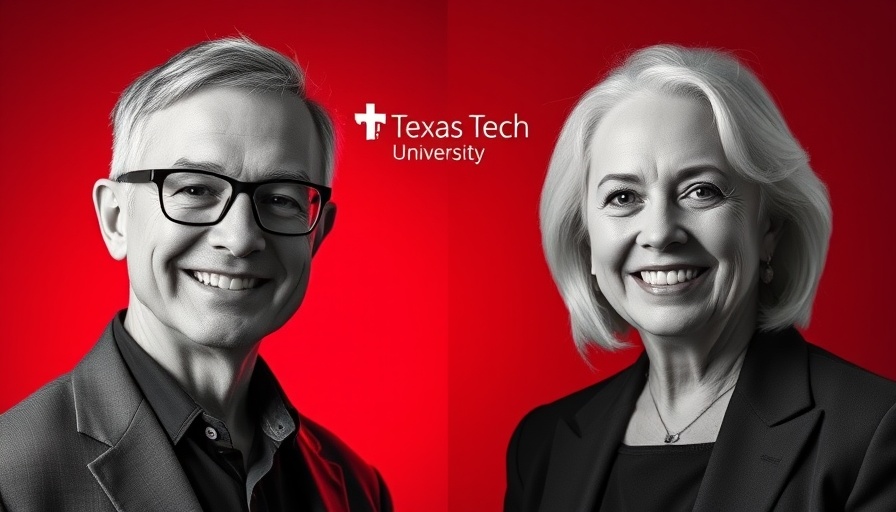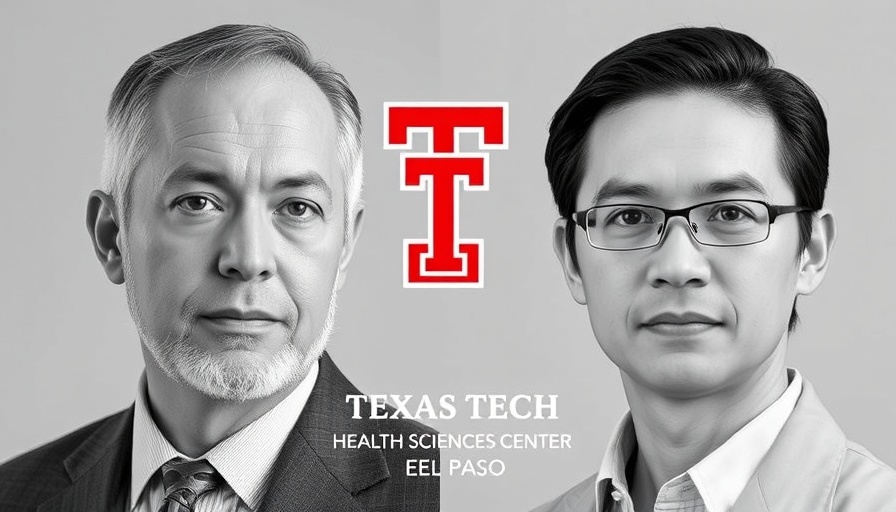
The Dark Side of Misinformation in Vaccination Discourse
This week in the medical community, a remark by HHS Secretary Robert F. Kennedy Jr. ignited a wave of skepticism about vaccine science when he claimed ignorance of biochemistry in discussions regarding the measles, mumps, and rubella vaccines (MMR). Dr. Amy Edwards from Rainbow Babies & Children's Hospital in Cleveland rightfully pointed out how such assertions challenge established scientific consensus. The controversy surrounding vaccines not only undermines public trust but also raises questions about the integrity of health communications.
Understanding Vaccine Composition: A Scientific Perspective
The fundamental processes that govern vaccine development are rooted in rigorous scientific principles. The creation of vaccines such as the MMR vaccine entails complex methodologies and rigorous safety evaluations. Virologists and immunologists work tirelessly to create effective solutions that combat infectious diseases, relying on prioritization of health benefits over misinformation.
Dangers of Fringe Theories on Mainstream Medicine
Dr. Aaron Carroll from AcademyHealth discussed the risks of replacing members on a government health panel. Such changes may lead to the escalation of fringe theories that could hijack public health dialogues, consequently overshadowing substantial scientific evidence. Policymakers and healthcare professionals must remain vigilant against these narratives that contravene evidence-based practice.
Mandatory CME: A Necessary Step or Overreach?
The Louisiana State Medical Society, represented by Jeff Williams, remarked that one hour of nutrition continuing medical education (CME) every four years is adequate for physicians. This viewpoint invites scrutiny as many advocate for more rigorous educational requirements. Nutrition plays a critical role in patient management, and ongoing education directly impacts healthcare outcomes.
Prescribing Trends: An Unexpected Link to Dementia
Research has unveiled alarming data connecting gabapentin prescriptions for lower back pain to increased dementia risk, as highlighted by Dr. Chong Kim of MetroHealth Medical Center. This finding emphasizes the importance of reviewing medication practices and exploring non-pharmacological alternatives to manage pain effectively.
Gender-Affirming Care: Legal and Ethical Implications
The legal landscape surrounding gender-affirming care for minors is evolving. Chad Mizelle of the Justice Department emphasized the fundamental principle that consumers deserve truthful representations of health services. As the debates about gender identity continue, healthcare providers must balance ethical considerations with clinical obligations.
The Road Ahead: Tackling Misinformation and Embracing Education
As we reflect on the past week's developments, the overarching theme that emerges is the significance of truth in healthcare discourse. It's imperative for medical professionals and health policy makers to actively engage in discussions that bolster public trust in science, while remaining committed to provider education and patient safety strategies. Addressing misinformation through evidence-based practice can lead to more informed communities and healthier outcomes.
In light of ongoing changes in healthcare and a renewed focus on patient-centered care, physicians must stay abreast of clinical research updates, medical studies, and evidence-based practices. Engaging in continual education empowers healthcare providers to make informed decisions that positively impact patients.
Let’s actively promote beneficial healthcare practices and engage in honest dialogues that elevate our understanding and treatment of patients. Knowledge is the best vaccine against misinformation.
 Add Row
Add Row  Add
Add 




 Add Row
Add Row  Add
Add 

Write A Comment